Musings, Essays & Articles
–
These writings have long lived in the rungs of my throat—restless, murmuring, suspended between silence and release. They have stumbled in shadow, trembled with doubt, yet lit quiet pathways for fellow seekers of beauty, meaning, and form. Now, they emerge—fragments of light—to help shape a more holistic understanding of presence, criticality, and engagement.
To share is to offer both truth and tenderness.
This assemblage, drawn from a decade of movement and making, traces the contours of informal art spaces and institutional frameworks across the Caribbean and beyond. These words—part reflection, part invocation—open portals into other ways of knowing, dreaming, and reckoning with our post-colonial entanglements, our sacred contradictions, our glorious, necessary mess.
This writing explores Des/astres (2024) by Tabita Rezaire as a cosmotechnical installation rooted in African and Indigenous epistemologies. Through the symbolic force of the calabash and the spatial practices of rest and ritual, Rezaire enacts a decolonial, pluriversal pedagogy in which ancestral technologies reconfigure knowledge, time, and the cosmic order. The full essay is printed in WMW NOW #1: Tabita Rezaire, published by KHM-Museumsverband, Vienna, Austria.
In this report first published on Global Voices, The Bridge, Bynoe asks critical questions of island communities across the Grenadines: can they co-visualise positive changes as disaster capitalism, land grab, and the threats of gentrification, ‘organised abandonment’ and ‘Build Back Better’ loom?
Bynoe shares on her experience at the recently convened Commonwealth Association of Museums (CAM) 2024 Triennial Conference whose theme ‘The View From Here: Sustainability, Community and Knowledge Systems,’ welcomed delegates from the four corners of the globe. Hosted in Auckland, Aotearoa, from March 3rd to 8th, under the radical hospitality and care of the Auckland War Memorial Museum and the Waikato Museum, these observations summarise important questions raised during the gathering around the possibility of decolonisation, aspects of collaboration, guardianship and community engagement.
Victoria Lee writes about my PhD Research for the University of St. Andrews’ Research and Impact in ‘Sacred Space and Social Memory’: lessons from the land in the Grenadines and the Isle of Skye.
Can scarcities and climate vulnerabilities offer us other ways of being and imagining? How are government-accessed funds, initiatives and projects being implemented and communicated to the public? How are these actions impacting community-based organisations and grassroots initiatives that have historically engaged in change-making work in their locales? Are there sufficient incubation projects accommodating habitat creation, ecological education, or invasive species management?
This is the first instalment of a two-part post under the Shared Island Stories initiative, supported by the School of Art History at the University of St. Andrews in Scotland, which explores ways in which to build collaborative tools to inform case studies in support of the project “Sacred Space and Social Memory: Interrogating Co-becoming in Community-Based Practices in the Grenadines and the Isle of Skye.” Funded by UK Research and Innovation (UKRI) with project reference: EP/X023036/1. Many thanks to Janine Mendes Franco and Skye Hernandez for the editing assistance and publishing on Global Voices ‘The Bridge.’
Healing and self-healing thematics are emerging frequently in the creations and reflections of artists. Many thanks to Dominique Brebion of AICA-South Caribbean for offering the space to expand on how the thematics of healing operates in my eco-social art practice.
Sour Grass has been invited to participate in the summer seminar “Towards Perma-Cultural Institutions: Exercises in Collective Thinking” curated by Aneta Rostkowska, Nada Rosa Schroer and Julia Haarmann at Stiftung Künstlerdorf Schöppingen in Germany.
Late in 2021, Women On the Move (WeMOV) invited me to be one of their stakeholders. WeMOV is a network of researchers engaged in the timely mission of unveiling women migrants' presence and participation in the construction of Europe. As an artist, curator, and writer, who sits on the periphery of these engagements, the following conversation celebrates borderlessness through all veins of my life.
Natalie McGuire-Batson writes for Issue 2 of Faire Mondes on curatorial approaches across the Caribbean region that have challenged and dismantled exclusionary global frameworks in visual art engagement. Nestled within this conversation with Annalee Davis and Katherine Kennedy, we discuss the collaborative projects that have birthed diverse archipelagic connections in an attempt to expand self-determination in a Caribbean curatorial context.
Artist, spiritualist and medicine woman Holly Bynoe’s film still of the gentle movement of wild cane fronds, or ‘arrows’ from How to Sway on Crick Hill (2020), draws on her deep interest in the spiritual and healing properties of plants, regenerative agriculture and ways of undoing the ‘plantationocene’. A Strange Kind of Knowing will explore nuance, intuition, the land, environmental cycles and phenomena.
It is an honour to share this interview with writer, shaman, healer and my SiStar, Helen Klonaris. In "Catching Spirit," I sit at the feet of my elder as she shares on the uprising of ancestral technologies how to resource one's self through the dark night of the soul while sharing practices around trauma-healing and restoration/reparation. Helen opens her heart space and looks gently and candidly at the Caribbean's evolving social, developmental and spiritual ecosystems, expanding perspectives on how alternative healing methods and processes can innovate our strategies of thrival.
A part of work as Generator for The Hub Collective, this decolonial story of Bequia's ripe history starts with a look into the Indigenous Era, moving through the vagaries of the colonial battle for the Grenadines. Starting with piracy, the Black Carib uprising against the British and French and early settlements, we move through the rise of the whaling industry and our creative sea-faring resilient culture.
Curator and spiritist Holly Bynoe reflects on the expansion of Obeah, a belief system of the Caribbean Black communities, and its relationship with women and their ancestral heritage to continue exercising care in the face of colonial extermination.
The Caribbean, with its history of colonisation and the eventual independence for most countries, is already mostly out of opportunities with regards to its timeline of development in conjunction with the new world. The trauma of post-colonisation and the current wave of investment further strips away our integrity and humanity. It is crucial for these development and social initiatives to work in context with the situations that they find on the ground.
The University of The Bahamas Visual Arts and Design (VAD) Department will be hosting 'Arts Beyond The Classroom', a virtual panel highlighting social arts initiatives in the Caribbean on Thursday, April 8th from 6:00 pm (EST). The panel is part of VAD’s 2021 event series "Pedagogical and Perceptual Shifts."
I am so grateful to have been selected to participate in this year's MoMA The Museum of Modern Art International Program for the 2021 iteration of the Center for Curatorial Leadership (CCL)—International Curatorial Institute. The two-week intensive programme comprises a cohort of 14 senior curators from the MoMA and other curators dispersed worldwide, focusing on areas that are oftentimes blind spots to the Western hegemonic gaze, including influential and creative minds from the Global South.
The three-day online event Heritage of Future Past curated by the British Council will highlight the value of cultural heritage and its contemporary relevance. Conversations will explore the links between heritage, history and power from the perspective of cultural workers who might continue to grapple with the vestiges of imperial legacies that remain in the Caribbean among other geographies.
If this all feels like spinning plates, then I have managed to share a large part of my creative process, which involves listening in, being patient, taking risks and daydreaming.
An organisation based on the Grenadine island of Bequia is working to positively influence the youth of the island and to uplift creativity and advance culture. Working along the intersection of arts non-profit and social entrepreneurship in Small Island Development States (SIDS), cultural innovation can be a powerful tool to transform our societies.
I can barely imagine what it looked like back then: sparsely populated, rolling hills of dry sour grass, small wooden houses with kitchens and tanks as extensions, thatched galvanized roofs, pineapple skirts on mothers, schooner filled harbours, wharf-less shores.
Through this controlled retreat into the past, I explore the fragments of souls given voice again to reflect on territory, on the encircling salt that courses through veins, and on the ever slowly travelling being back and forth wondering and wandering within waves.
This is a project that wasn’t realized.
It sat in the walls of the museum for weeks before it found its home elsewhere.
It was uncomfortable in space.
It was the one of many orphaned to the institution, yet it is still sounding,
resounding.
A warning and a battle cry.
Bodies are no longer held in check, here they run...they make noise and are unafraid.
“Bush Medicine Revival” uses medicinal yards and storytelling for community healing and environmental stewardship via the recovery of Traditional Ecological Knowledge in the small island community of Bequia, St Vincent and the Grenadines.
Sour Grass is a team of creative facilitators who seek to work with visual artists in the Caribbean and across its diasporas, to build relationships with museums, institutions, collectors, biennales, and private and public entities through the development of curatorial projects, seminars, publications, workshops, mentorship initiatives, alternative pedagogy, and various types of discursive programming.
Sour Grass will act as an advisory and bridge to Caribbean-based and international cultural institutions and we will be sharing more news about the platform soon.
Bahamian Art & Culture shares an exclusive and intimate interview, as I reflect on the work done after four + years as Chief Curator of NAGB. I share my experiences while at the institution, thoughts on the Bahamian art community, all-around successes and regrets, what I would have done differently.
Martinican poet and philosopher, Édouard Glissant, spoke of a rhizome—a type of powerful lateral-growing root system—and, just like this, we are able to move underground into the subterranean and sprout new growth to transform and shift our spaces. To be innovative, excellent and meet the magic and intensity of our creative minds let's put courage, truth and integrity as the values by which we measure all of our actions.
This is a recount from the 18th International Contemporary Art Festival SESC_Videobrasil in 2014 and is a mishmash of travelogue, diary and critical reflection. This first instalment situates itself in the immense physical & cultural landscape that is São Paulo—a city simultaneously worlds away from the Caribbean, yet sharing an undeniable South-South connection—and begins to unravel the deep-rooted impacts of exchange.
Prospect New Orleans’ biennial Prospect.3: Notes for Now (P.3) was a phenomenal undertaking curated by Franklin Sirmans that looked at the multifaceted history of New Orleans through cross-cultural perspectives. This photo essay is an encounter which left an indelible mark on me as a searcher, prompting introspection about New Orleans’ unique position in the global North/South polemic.
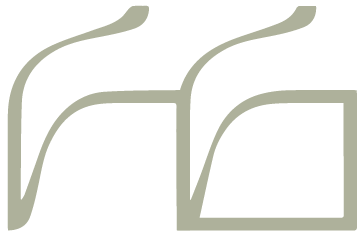
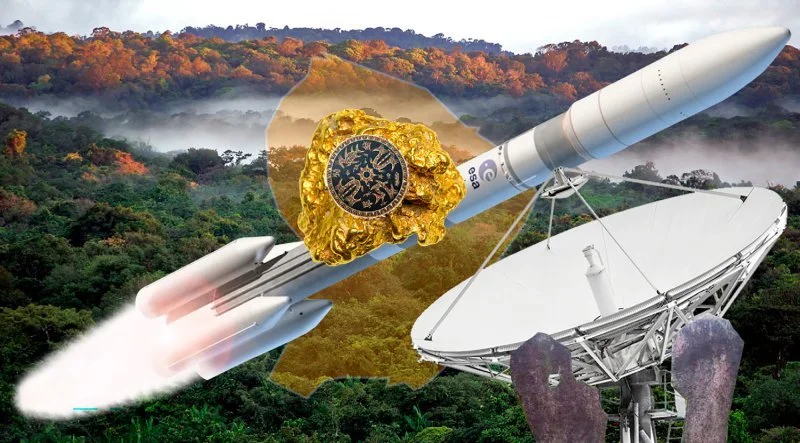


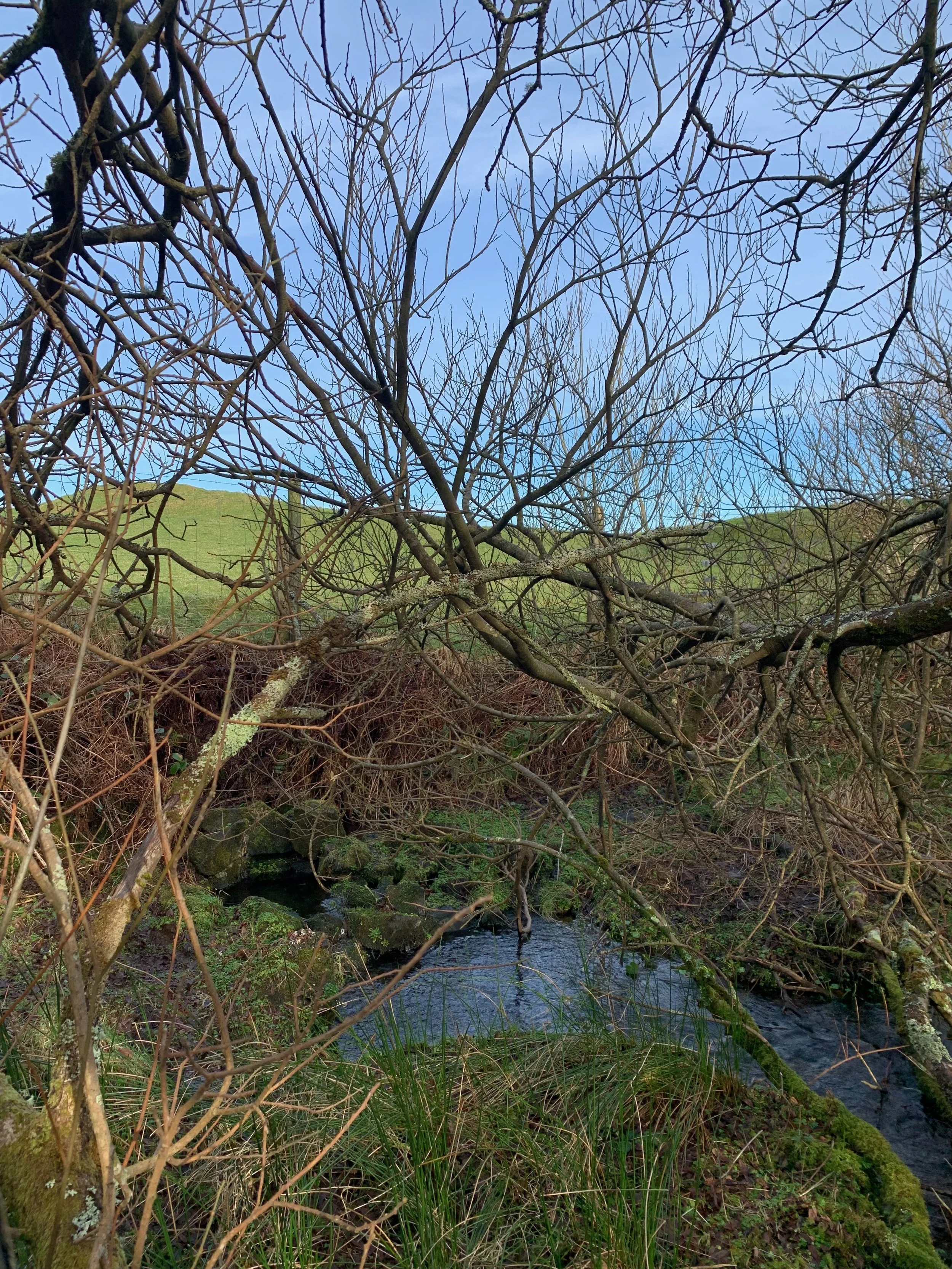

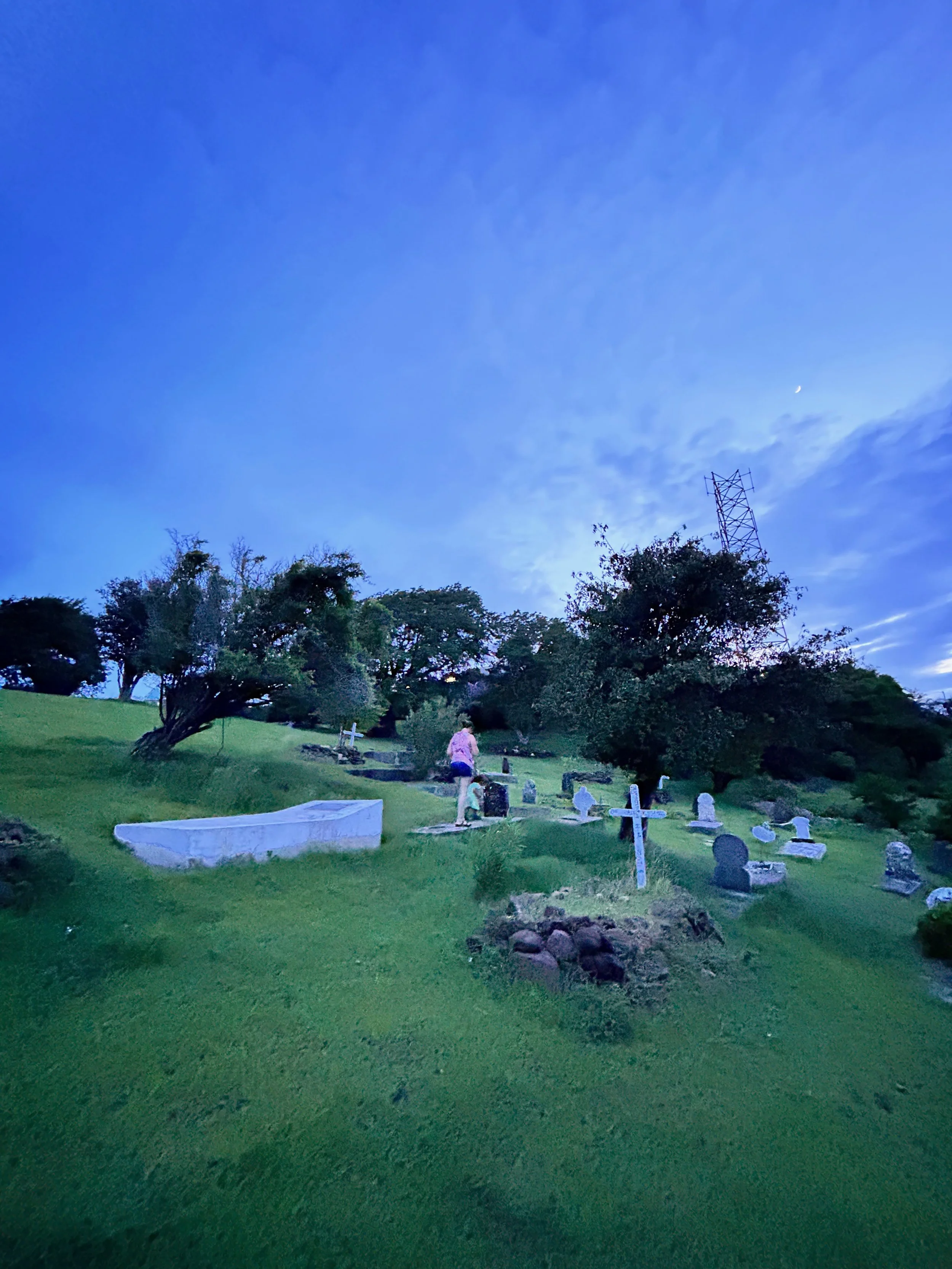


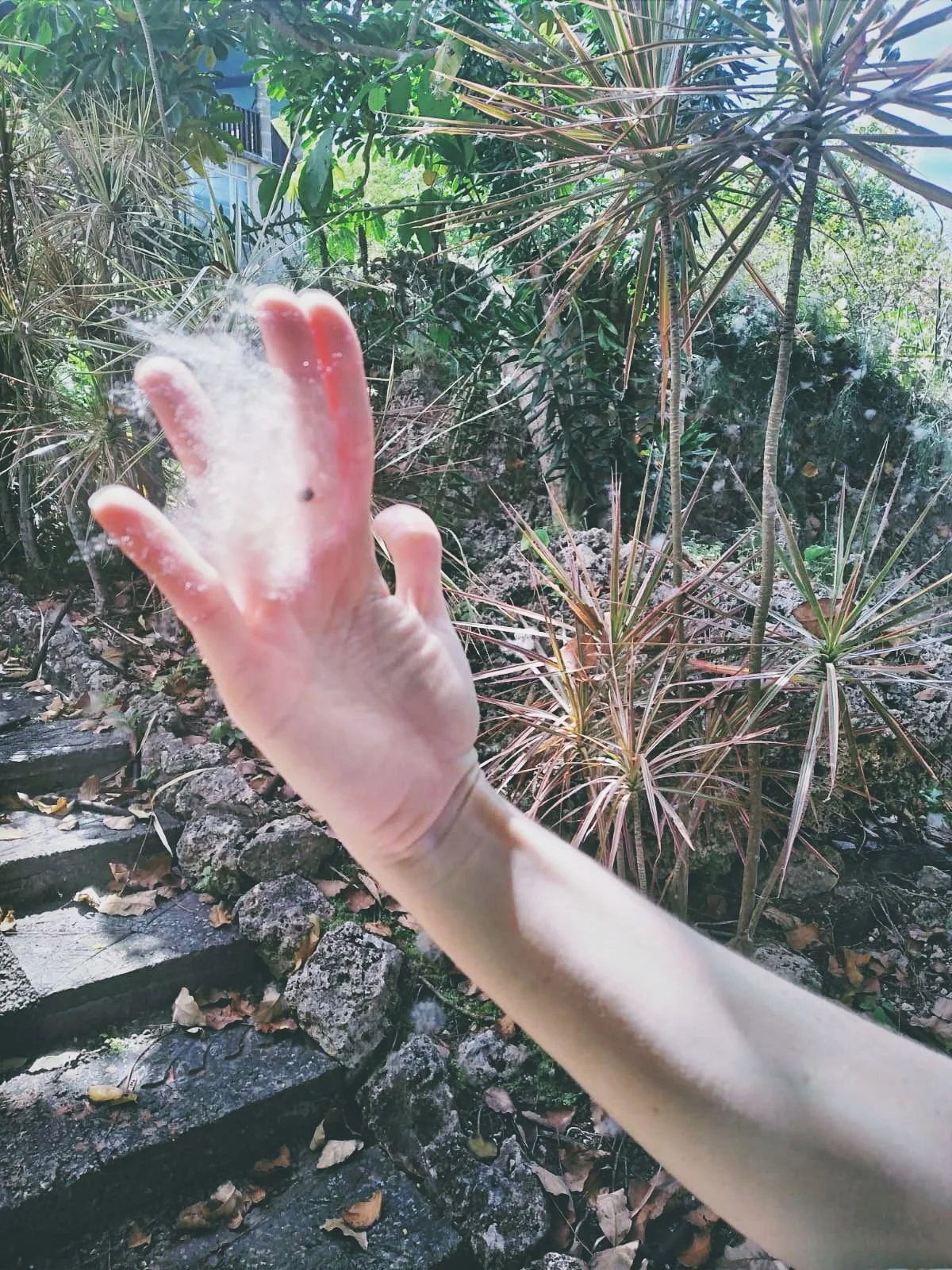

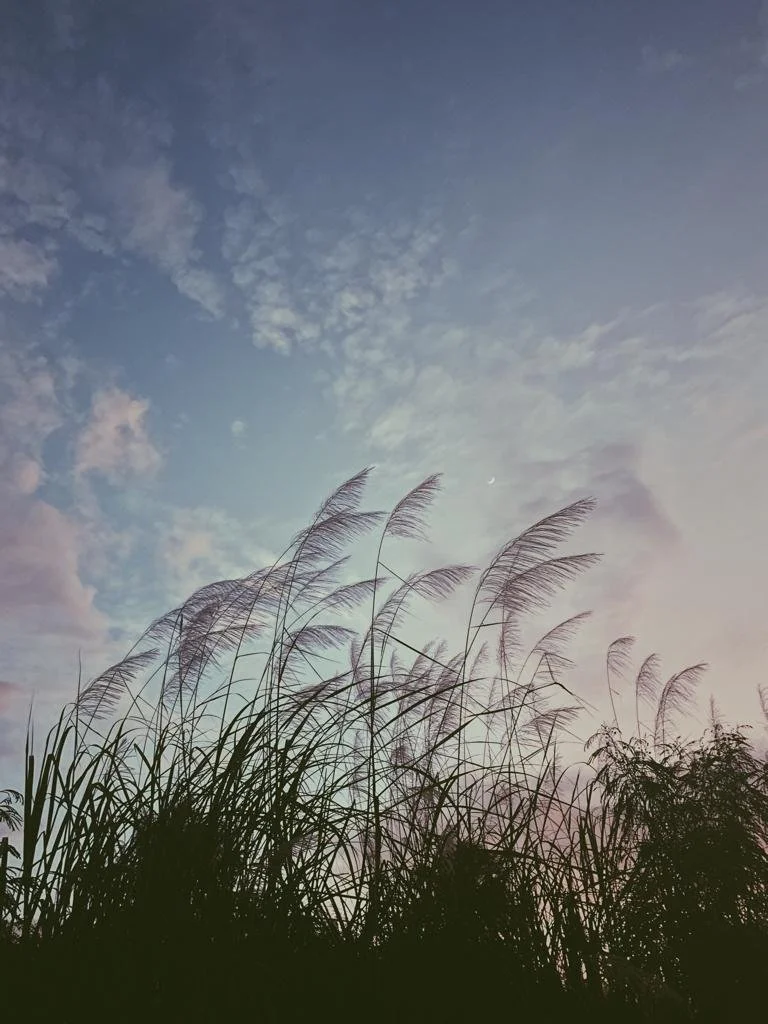



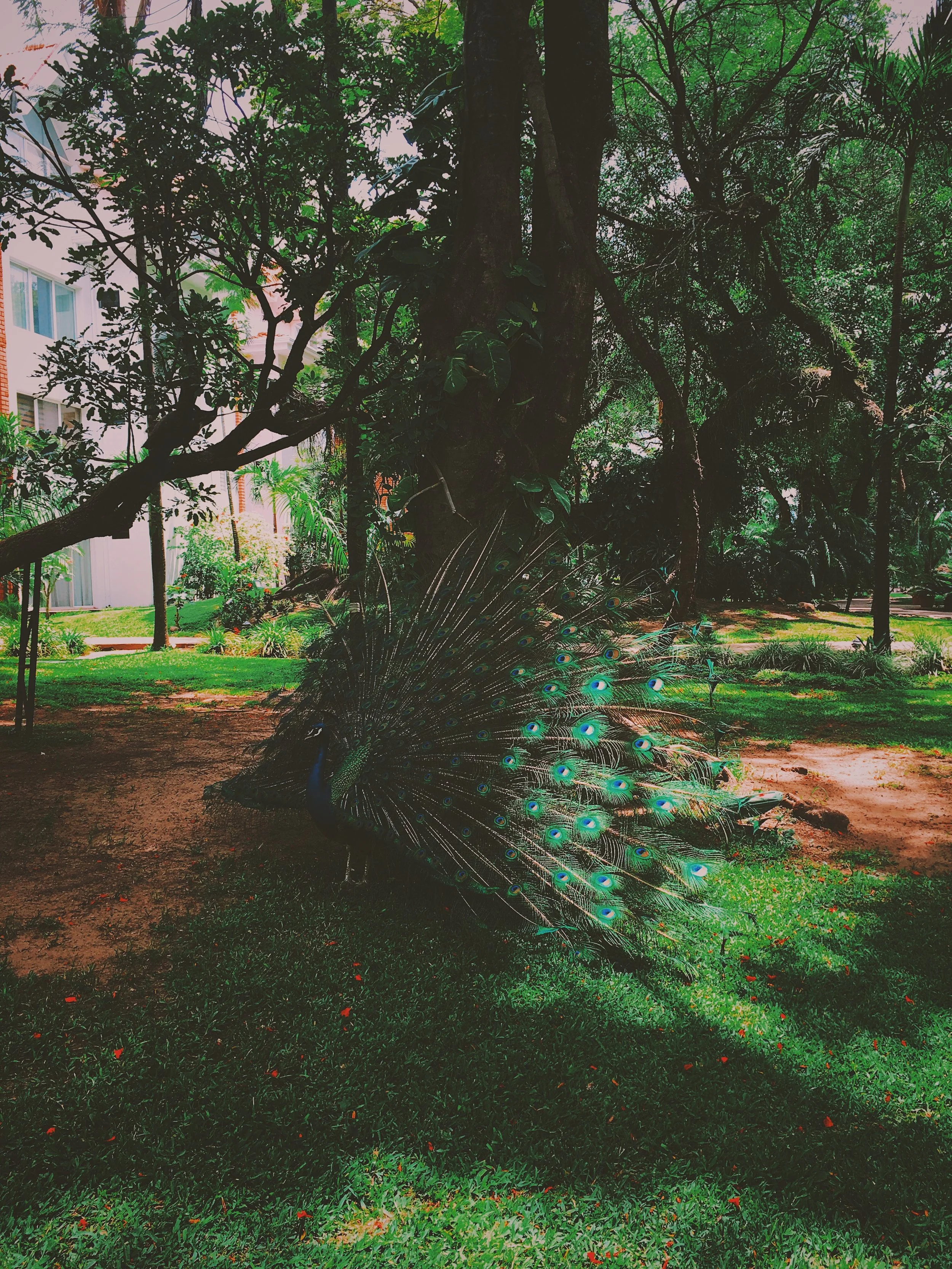








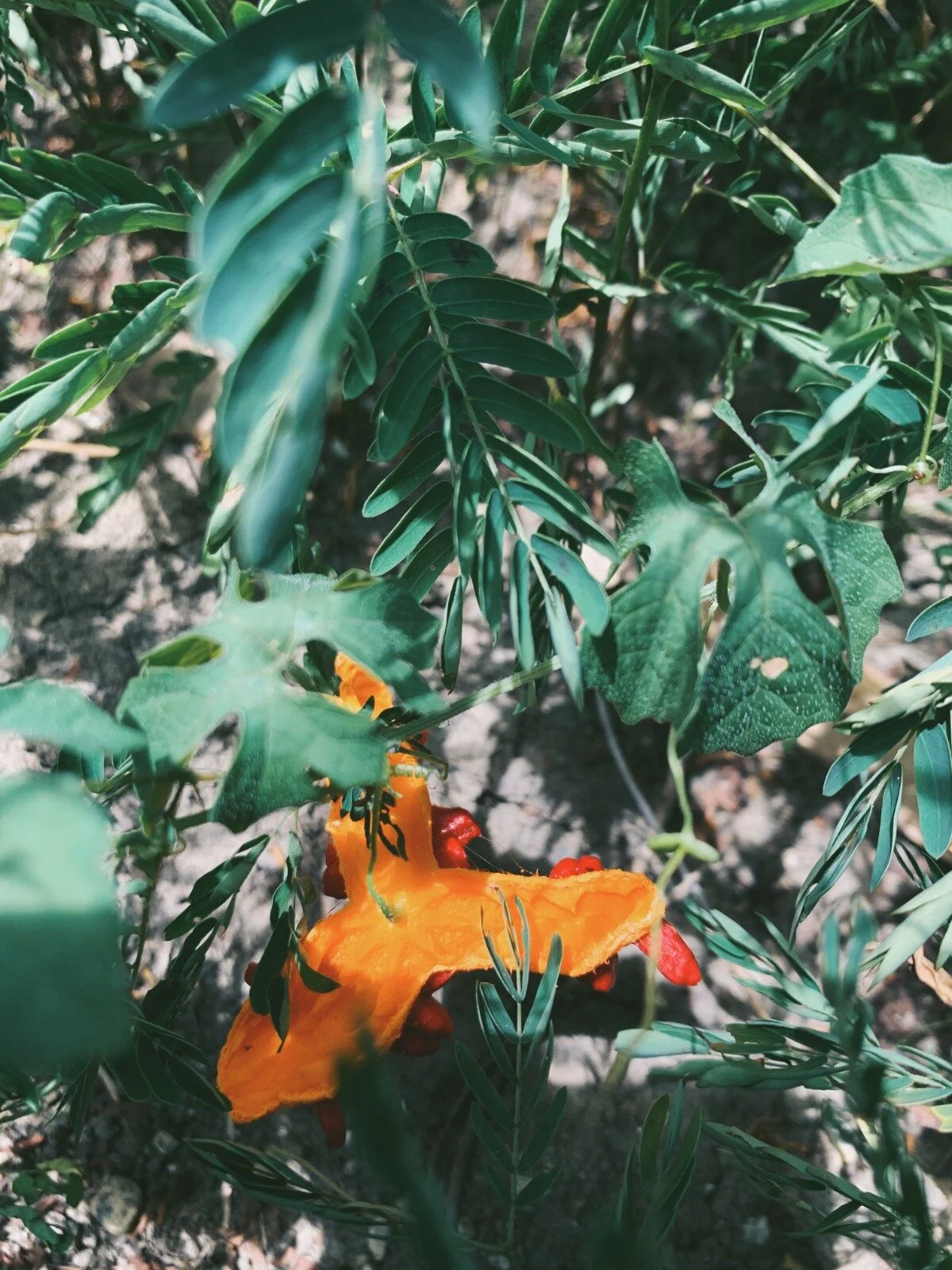
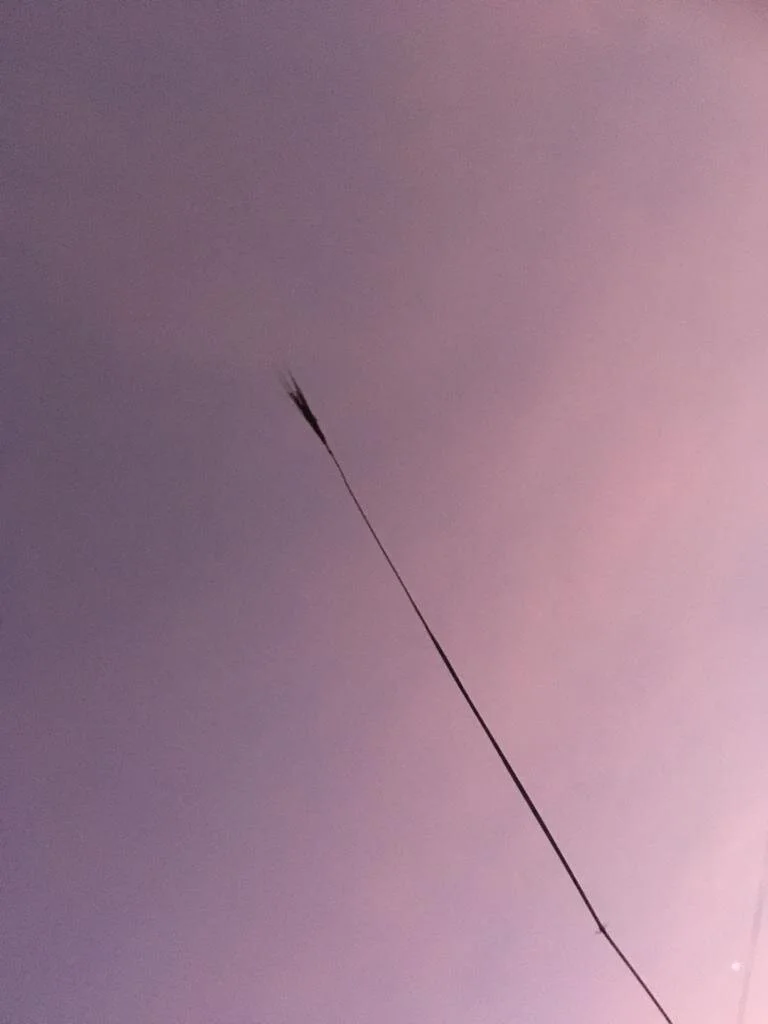




After 24 years of political dominance, St. Vincent and the Grenadines experienced a decisive democratic rupture in the 2025 election. This essay reflects on the psychological unravelling of authoritarian governance and the opportunity now facing the nation: to rebuild civic life, decentralise power, strengthen ecological and food sovereignty, guard against foreign influence, and cultivate a political culture grounded in accountability, participation, and collective care.